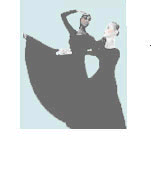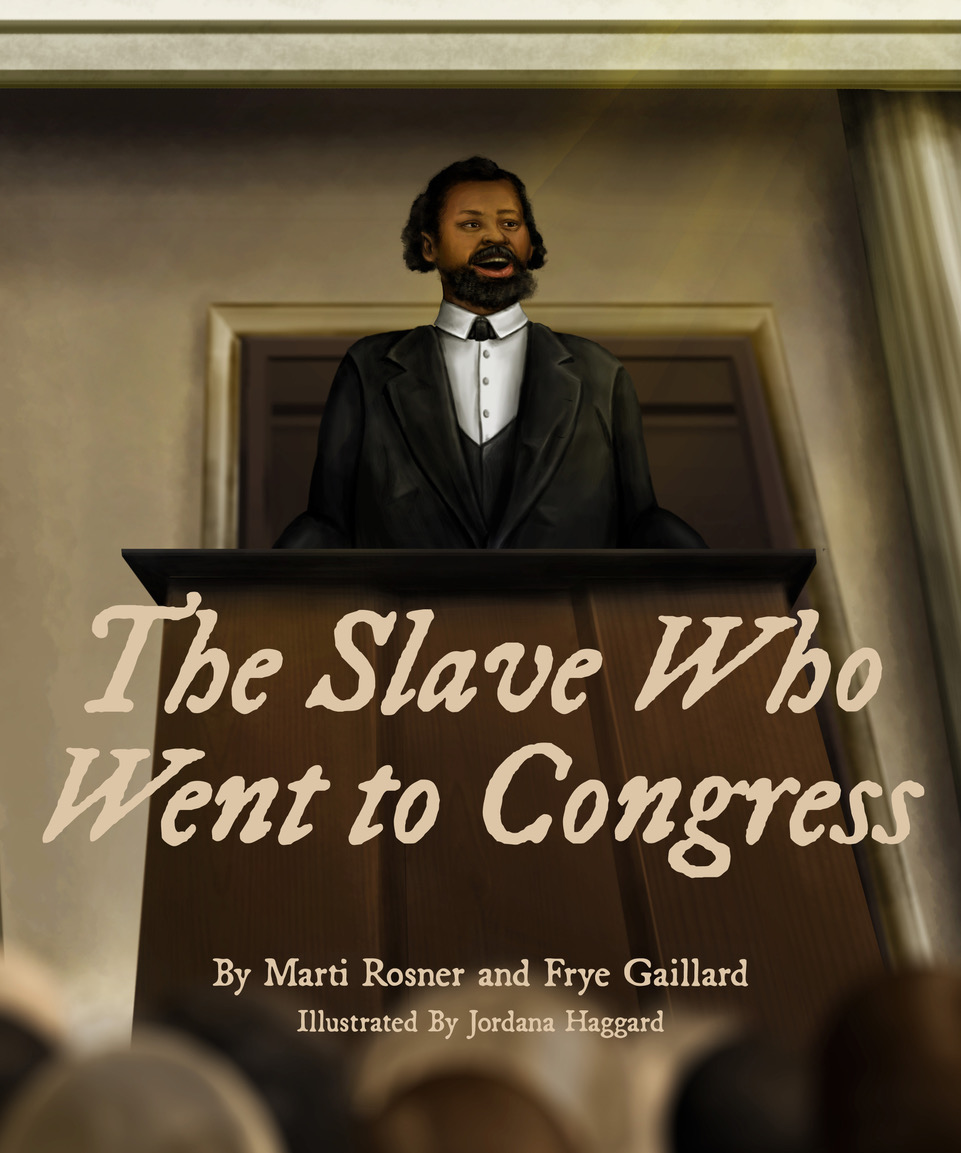
Literature and Poetry
 Serena Nanda Reviews: Tunis to Nairobi, Overland by Truck: Adventures in Africa
Serena Nanda Reviews: Tunis to Nairobi, Overland by Truck: Adventures in Africa
A perfect read for trying times! Cultural anthropologist and photographer Barry Kass begins his memoir by quoting Richard Burton, the British explorer, who wrote that "one of the gladdest moments in human life … is the departure upon a distant journey into unknown lands." This is especially true given the travel restrictions in the coronavirus pandemic and thus all the more of a pleasure to read. Kass’s memoir is not your ordinary travelogue. It is filled with descriptions of exotic locations and adventures but also with honest musings, like the deep appreciation of the comforts – hot water showers – that we in the United States take for granted.
more »
 Ferida Wolff's Backyard: Mushroom Hunt; Grasshoppers Leap Into the Future (on glass!)
Ferida Wolff's Backyard: Mushroom Hunt; Grasshoppers Leap Into the Future (on glass!)
Ferida Wolff writes: During this pandemic we are often, understandably, lost in negative, worrisome thoughts. But there are positive things to focus on: neighbors greeting neighbors with smiles and friendly though distant conversations, gratitude for the dedication of our health practitioners, conscious appreciation of the people in our lives. more »
 Holiday Gifting: Jill Norgren Reviews The Slave Who Went to Congress
Holiday Gifting: Jill Norgren Reviews The Slave Who Went to Congress
Slavery ended when Turner was a middle aged man. It was 1865, the American Civil War was over, and the era we call Reconstruction had begun. As a freedman, Turner joined the Republican Party and was elected tax collector of his county. In 1869 he won a seat on the Selma, Alabama town council. The following year he ran for the US House of Representatives on the Republican ticket. He won and served in Washington from 1871 to 1873. Like most incumbents, he hoped to be re-elected but another African American ran as an independent and split the Black vote, leaving victory to the fusion party white candidate. Turner returned to Selma. He resumed his life as a farmer and businessman but also kept a hand in politics including serving as a delegate to the 1880 Republican convention. more »
 Jill Norgren Reviews a New Inspector Gamache Mystery: All the Devils Are Here
Jill Norgren Reviews a New Inspector Gamache Mystery: All the Devils Are Here
Jill Norgren Reviews: Penny has won a large international audience — her books have been translated into more than twenty languages — with books that pay as much attention to character as to plot. This makes them rich and well-paced. Gamache, the cop who refuses to be disillusioned, sarcastic, or unhappy holds it all together, but never on his own. He believes in the abilities of others and draws upon their wit along with his own. In Paris Penny lets Gamache draw upon the intelligence and skills several women, including his wife, trained in library science. The scenes describing their work are among the highlights of this new book. Loyal series readers enjoy a trip abroad while first time readers will have no trouble slipping into Gamache’s world. more »







